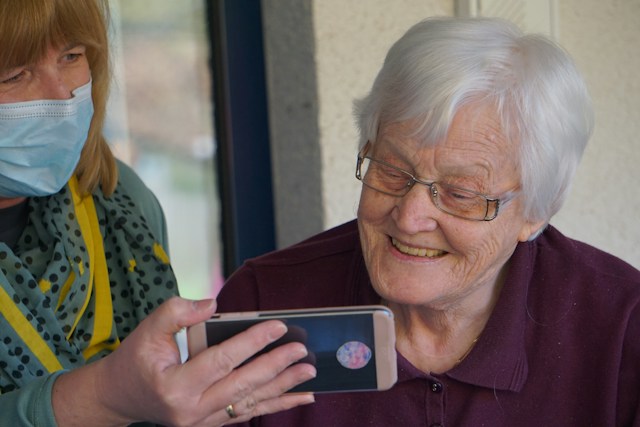
In recent years, the landscape of elderly care has been rapidly evolving, particularly within nursing homes. As our population ages, the demand for high-quality, compassionate care for the elderly becomes more critical than ever. But what does the future hold for elderly care, especially in the context of nursing homes? The answer lies in the heart of innovative nursing practices that are not only redefining care standards but are also revolutionizing the way we think about and manage elderly care.
The Evolution of Elderly Care
Elderly care, historically, was primarily family-based, with nursing homes and similar facilities being a relatively recent development in the broad spectrum of care. As societies evolved, the need for more structured, professional care environments became apparent, giving rise to the modern nursing home. These facilities have continually adapted to changing societal norms, medical advancements, and the increasing lifespan of the elderly population.
Current Challenges in Nursing Homes
Today’s nursing homes face several challenges. Staffing shortages, often resulting in overworked nurses and caregivers, directly impact the quality of care. Balancing cost-efficiency with the delivery of high-quality care is another significant hurdle. Moreover, the emotional and psychological needs of residents, crucial to their overall well-being, sometimes receive less attention than their physical health requirements.
Innovative Nursing Practices Emerging in the Field
In response to these challenges, innovative nursing practices are emerging:
- Person-centered care focuses on the individual needs and preferences of each resident, moving away from the one-size-fits-all approach.
- Technology integration, such as telemedicine and electronic health records, is streamlining care and opening new avenues for treatment.
- Non-pharmacological interventions, like music therapy and aromatherapy, are gaining traction in managing pain and stress, emphasizing holistic care.
The Role of Skilled Nursing Staff
The heart of these innovations is the skilled nursing staff. Their continuous education and training are vital in implementing new practices effectively. Success stories from various nursing homes showcase significant improvements in resident care quality and overall satisfaction, underscoring the value of skilled and knowledgeable nursing staff.
The Future Outlook of Elderly Care in Nursing Homes
Looking ahead, the trends in nursing home care are optimistic. Anticipated developments include more personalized care plans, increased use of technology, and greater emphasis on mental health and well-being. However, these advancements are not without challenges – changes in policy, healthcare reforms, and the need for community and family involvement remain critical factors in shaping the future of elderly care.
Overcoming Barriers to Implement Innovative Practices
Adopting these innovative practices is not without its hurdles. Budget constraints and resistance to change are common challenges. To overcome these, a strategy encompassing clear communication, stakeholder engagement, and strong leadership is essential. The role of leadership, in particular, is crucial in driving and sustaining innovation in elderly care.
Innovative nursing practices are undeniably transforming nursing homes, bringing a new level of quality and compassion to elderly care. The critical role of skilled nursing staff, coupled with forward-thinking policies and a commitment to continuous improvement, is setting the stage for a brighter future in nursing home care. As we move forward, the evolution of these practices will continue to shape the landscape of elderly care, ensuring that our seniors receive the best possible care in their golden years.


